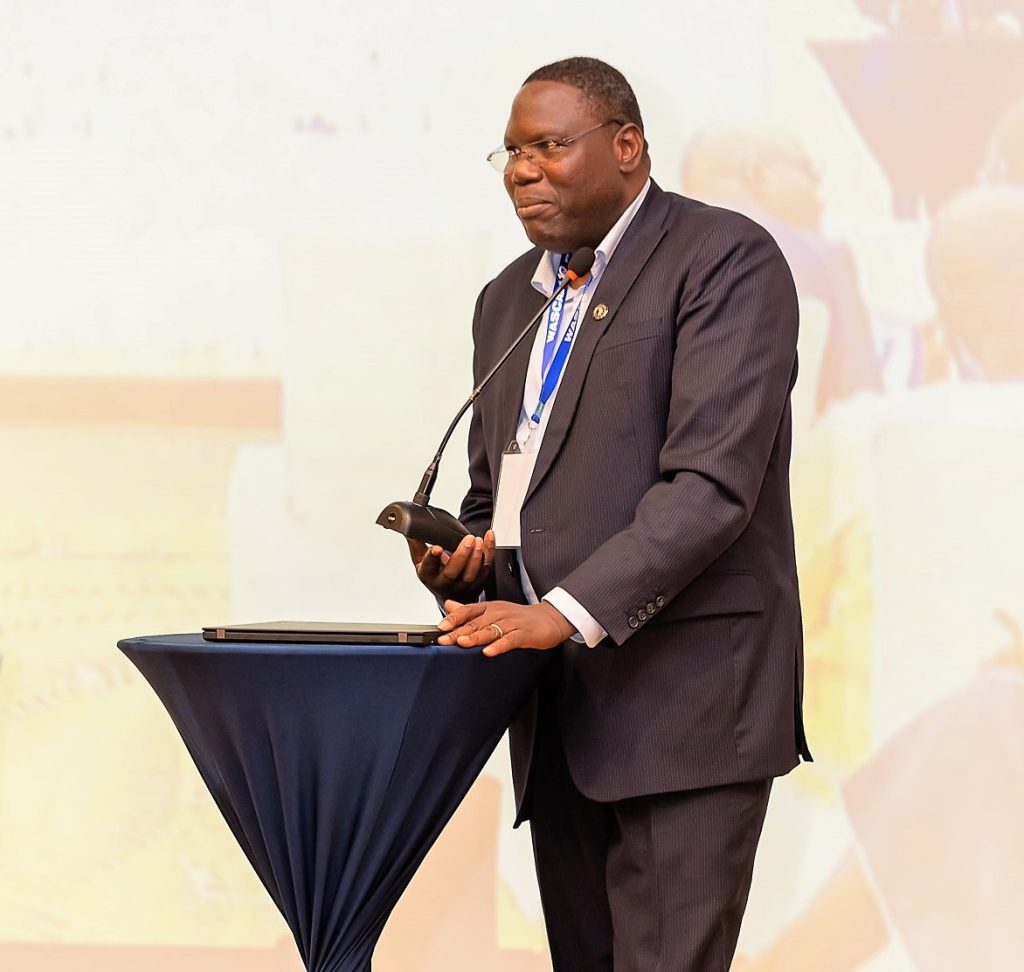
The Executive Director of WASCAL, Dr. Moumini Savadogo, has reiterated the organization’s commitment to tackling the issue of the challenges pesticides pose to the campaign against climate change in West Africa, as a result of emitting greenhouse gases such as carbon dioxide, methane, and nitrous oxide.
Dr. Savadogo outlined WASCAL’s commitment over the past decade to tackling issues such as the effects of pesticides on Climate Change through its strong partnership with the Université Félix Houphouët-Boigny here in Côte d’Ivoire.
“As we mark 10 years of combating climate change and improving livelihoods, we look back with high spiritedness on the impact we have made in training more than 50 West African Climate Change scientists in this University Climate Change and Biodiversity. These scholars have become ambassadors for protecting species richness, genetic diversity, ecosystems, and ecosystem services for the next generations. Their in-depth understanding of strategies developed by living organisms and ecosystems in the face of climate change is boldly written on the walls in showcasing substantial contribution towards the adaptation of humanity to these changes and towards the conservation of biodiversity under future conditions.” He said.
He was speaking at the opening session of the 3rd International Conference on Pesticidal Plants (ICCP3), in Côte d’Ivoire under the theme: “Promoting pesticide plants for sustainable and healthy agriculture.” He also challenged the participants to act for the sake of posterity.
“Posterity will not definitely ask us questions if we do not act today. The need to streamline the use of pesticides is very critical. The urgency to intensify the awareness and strengthen partnerships with regulatory agencies and policymakers for checks and balances on pesticide use cannot be delayed.” He concluded.
The Director of WASCAL Capacity Building Programme, Prof. Daouda Kone emphasized the urgency in employing the use of well-regulated approaches in solving the pesticide quagmire and its ripple effects on the environment and agriculture to be specific.
The seven-day quadrennial conference attracted some 200 participants from Africa, Europe, America, and Asia, under the auspices of the Minister of Higher Education and Scientific Research of Côte d’Ivoire.

